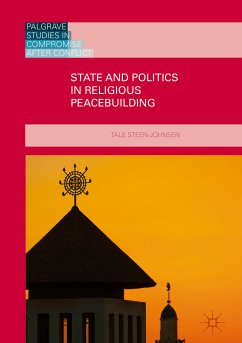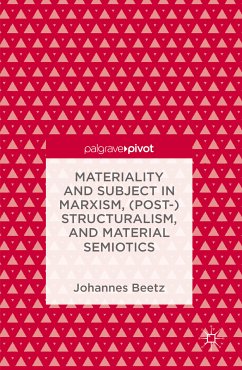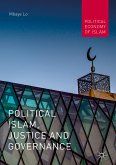In this book, Tale Steen-Johnsen explains how religious peacebuilders are limited by both formal and more subtle political strategies aimed at regulating civil society. Political authorities have a vested interest in keeping social and religious movements under control, which limits the opportunities religious leaders have to diminish violent conflicts between religious groups. This volume offers empirical examples of these connections in Ethiopia, Kenya, Zanzibar and Tanzania. It is valuable resource for both scholars and development practitioners interested in how politics and religion become conflated when religious actors engage to build peace.
Dieser Download kann aus rechtlichen Gründen nur mit Rechnungsadresse in A, B, BG, CY, CZ, D, DK, EW, E, FIN, F, GR, HR, H, IRL, I, LT, L, LR, M, NL, PL, P, R, S, SLO, SK ausgeliefert werden.









